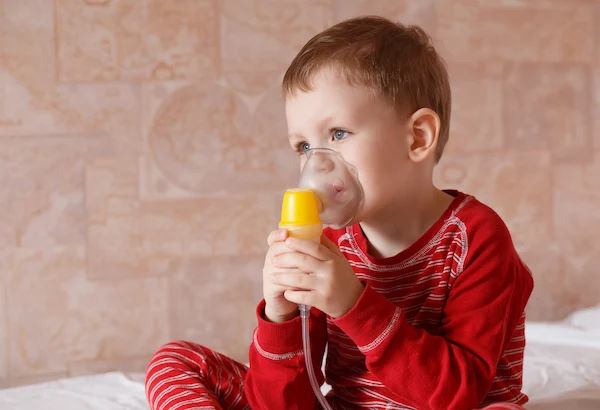- Female
- 2 Years
- 22/01/2025
I'm wondering how much Zincovit syrup I should be giving to my 20-month-old toddler who weighs 9.2 kg. Is there a specific dosage I should follow? I'm a bit worried and just want to make sure I'm doing this right.
Answered by 1 Apollo Doctors
For a 20-month-old baby weighing 9.2 kg, the typical dosage of Zincovit syrup is 5 ml once a day, unless otherwise directed by the pediatrician. Always consult with your doctor before administering any medication to ensure it's the right dosage for your baby's needs.
Dr. Dhankecha Suggests...
Consult a Paediatrician
Answered 04/07/2025
1
0

More Paediatrics Health Queries
View allI'm really worried about my 10-year-old son's knee pain and swelling. He's been prescribed Disperzyme CD for this, and I haven't started giving it to him yet. Is it safe for him to take the Disperzyme CD for five days?
Yes you can use it and follow your doctors advice
Answered by 1 Apollo Doctors
Is it okay to use placentrex ointment on my 3-year-old's burn wound? She's in a lot of pain. My uncle mentioned it, but Im not sure if its safe for her age. What do you think?
You can use it no problem, it helps in regeneration of healthy tissue over the wound.
Answered by 1 Apollo Doctors
I'm wondering about what's happening with my 6-month-old baby. We've been putting coconut oil in his ears every day, and now it seems like there's this wax-like substance covering them. Should we keep doing this, or is it something we should stop?
No you are harming the baby, visit ENT doctor for evaluation and appropriate management.
Answered by 1 Apollo Doctors
Disclaimer: Answers on Apollo 247 are not intended to replace your doctor advice. Always seek help of a professional doctor in case of an medical emergency or ailment.





